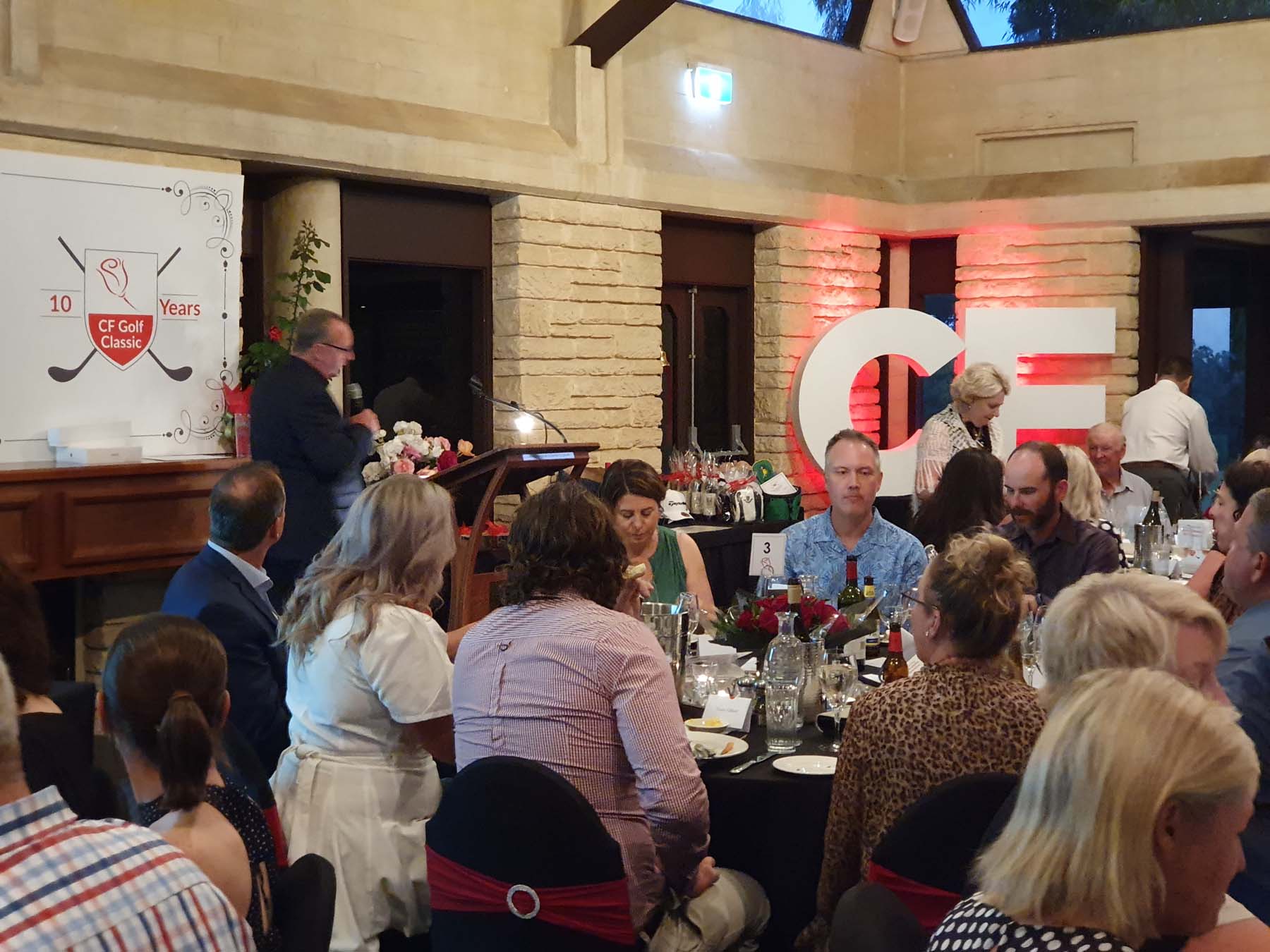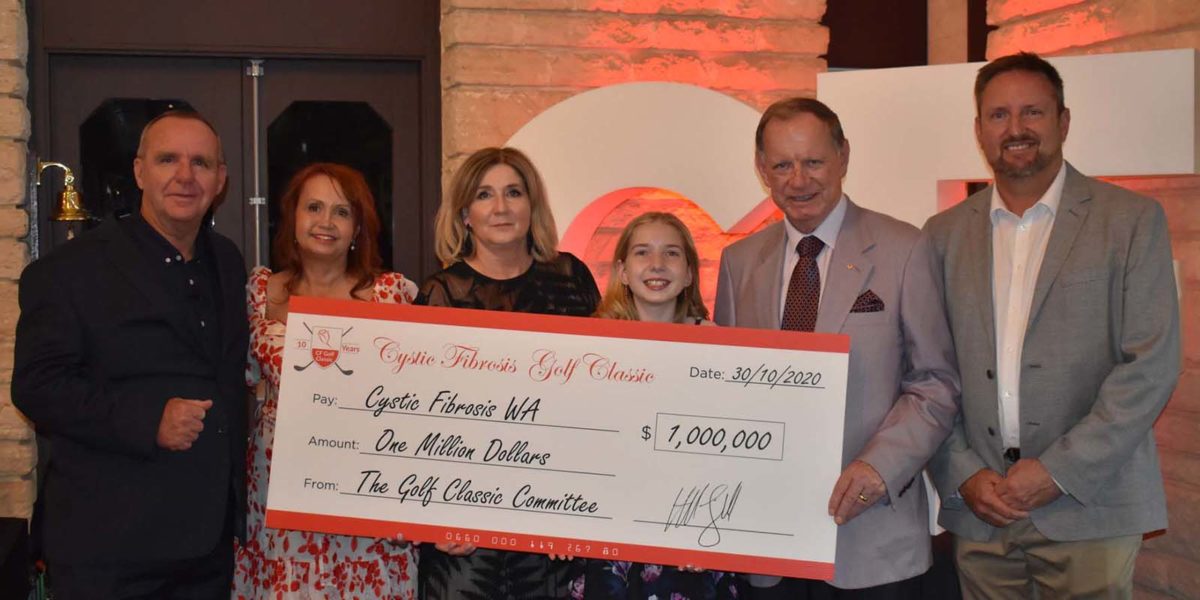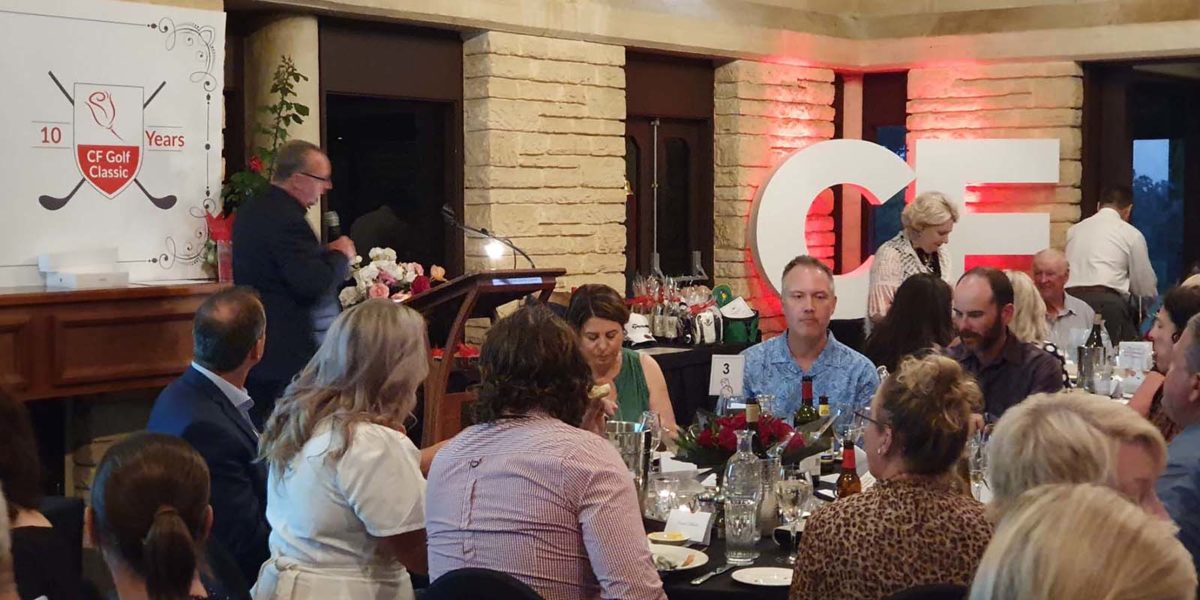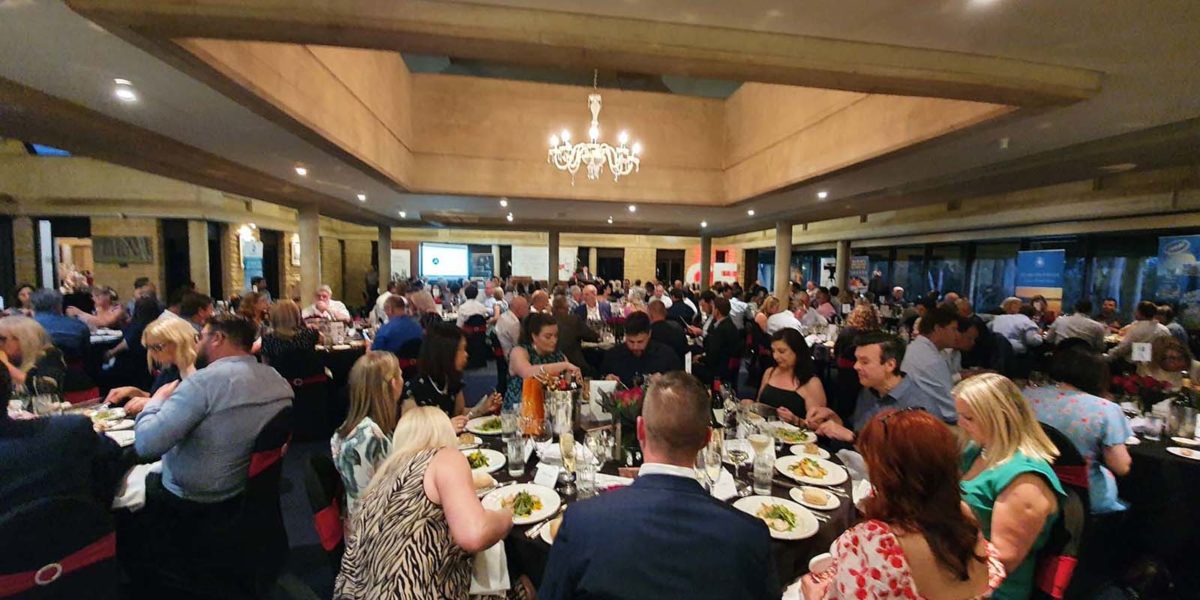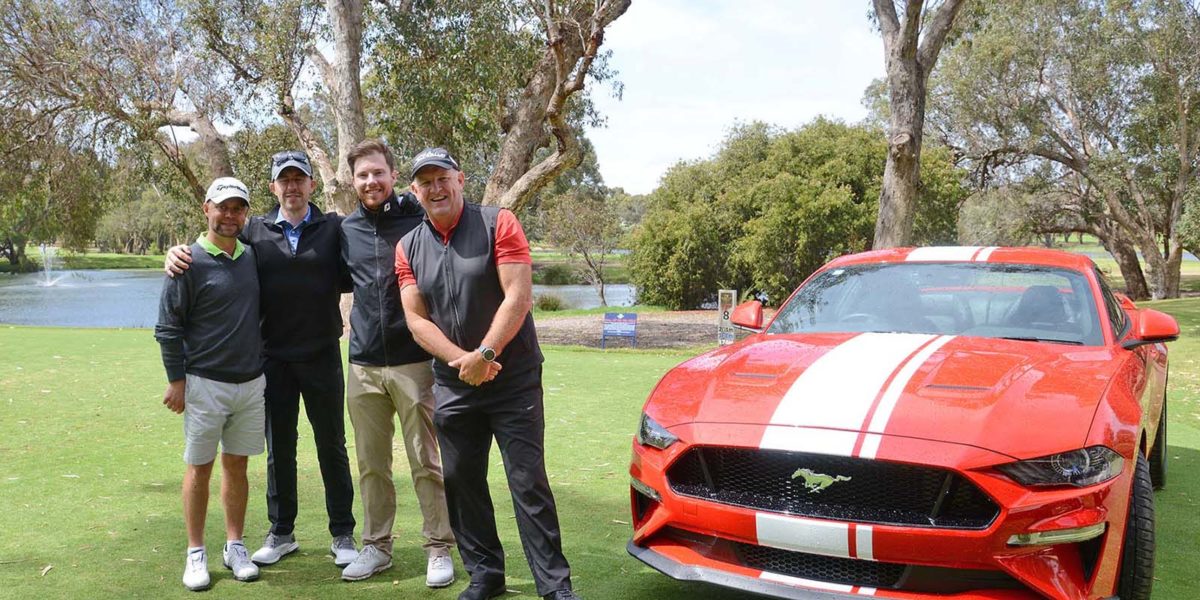Stephen Bastow is the Fundraising Manager for Cystic Fibrosis WA. In this interview, he describes the important work of the organisation and specific programmes that benefit from business donations and partnerships.
When was the Cystic Fibrosis WA formed and what was the purpose?
Back in 1975, a couple of parents of children living with CS got together and developed a self help group. Within a year, they realised the scale of what was needed by an organisation to provide ongoing services for families living with CF. Up until then, there was nothing. By the end of June 1976, the very next year, the group formally incorporated the association.
It’s grown a lot since then. The 1990’s saw a lot of growth. In the early 2000s we moved to this building in the hospital precinct, inside a Lotterywest building. All we do is pay outgoings. A lot of other charities are based here. The move allowed us to focus our attention and resources and finances into providing a service.
How many children and adults with CF are supported at the moment in WA?
There’s over 420 people living with cystic fibrosis. We see between 15 and 18 children born every year with the condition.
The 2021 George Hones Family Cystic Fibrosis Golf Classic
What do you think is the organisation’s greatest achievement so far?
It’s definitely the extensive support network we’ve established. We provide a comprehensive range of services in home support and resources to the CF community in WA. We carry physios, occupational therapists, nurses, social workers here who specialise in cystic fibrosis. We carry a team of community care workers who work extensively in people’s homes. One of the big things with cystic fibrosis is the time when a child could have between one and four hours of treatment every single day. That same child could take between 20 or 30 tablets a day just to get by every single day. So that in itself, really puts a lot of pressure on a family. That is especially true for the primary caregiver.
What sort of feedback do you get about the support Cystic Fibrosis WA provides for families?
They will often say it is life changing. They say that the support system has helped keep the family together. The fact that they’ve got someone individual or a group to lean on is very important. It’s not like a lot of other diseases where it gets better and it gets cured. There is no cure for CF, at the moment. We hope that there will be in the future. It is also important to mention how much the condition can vary. It can go from one extreme to another. We can see children having to visit the hospital two, three times a year or even more. They can spend between seven to 10 days in hospital every single time. Hospitalisation places a different set of demands on families, especially those supporting younger children who need a parent close by most of the time. Hospitalisation is also confronting, in that it can refresh the focus on how serious the condition is and that can be hard.
How is Cystic Fibrosis WA funded?
50% of our funding comes through government, through state government, through state contractors of provision of services. The other 50% is through our own fundraising endeavours. In recent years we are seeing a bigger funding gap because government funding is reducing. To keep the current level of services in place we need to find additional community support through our fundraising.
You’ve just recently had the Golf Classic. How much money do you think you’ve raised from that event?
The event this year would’ve raised over $200k. We are still finalising the final figure.
What are the ways in which businesses support Cystic Fibrosis WA?
There’s several ways that they can access and support us. They can participate or donate to the golf event. The Great Escape Charter Company provided us with huge support. They donated a luxury adventure cruise which raised $25,000 in our auction. All money raised from the actual auction items that people donate goes directly to us. We have several other events during the year and many businesses get teams involved in those fundraisers. I’ll give you an example. One of our events is 65 Roses Day where we sell an excess of 18,000 live individual roses across the state of WA from as far north as Broome to the Southern tip of WA in Albany. For that event we can see between 150 and 200 people helping us wrap those roses and 250 to 300 people selling those roses the next day.
“One of the big things with cystic fibrosis is the time when a child could have between one and four hours of treatment every single day.”
“We have around 14 staff who work in our community and visit the households of people living with CF. They help the family out with taking a little bit of that burden off them.”
What activities that particularly benefit from the funds you raise?
Home Support
One of our areas that we’re trying to find funding gaps for is our community care workers. We have around 14 staff who work in our community and visit the households of people living with CF. They help the family out with taking a little bit of that burden off them. They can maybe do an hour or two hours of physio during the day for them, or they can help them. You can imagine. I’m not quite sure if you’ve got children, but trying to feed your child one tablet is bad enough when they’re sick. Imagine having to feed them 20 across the day and how that becomes a torture for not just the one taking the tablet but the primary caregiver having to do it. Time and day, day after day.
Teenage Counselling
We’re trying to find funding for more community care workers support sessions. There’s a huge need for people living with cystic fibrosis for youth counselling sessions. We’re finding that teenagers are really finding it hard. Even in general teenagers around the world they’re struggling with a lot of mental health issues. Add to that the burden of an incurable disease on their shoulders and how that makes them feel. It can also be challenging how other people interact with them which is why youth counselling is a growing part of what we’re doing. At the moment we only have someone a couple of days a week. We are trying to expand the availability of that teenage resource to full time. This will double our capacity to spend time with those people in need.
Portable Nebulizer
Equipment is another area that is really important. There’s an item called a nebulizer, which is a tiny little tool. The hospital gives you a machine which is probably like maybe the size of two bricks side by side two up. They’re big and they need to connect to power. They help you do chest physio treatment to get the mucus off your lungs. The machine makes a whining noise. We buy and supply families with little portable units. They are fantastic but unfortunately they don’t have a long life. They only last for about two years. The biggest benefit is that because they are portable and noise free most kids will use them. You imagine a child sitting for an hour or two hours in front of the telly trying to do this treatment when they’ve got a whining sound and you have to be plugged in sitting next to them. They just don’t want to do it.
We spend 20 to 25K a year to fund just those nebulizers every year and every two years there’s a new round to pay for because of those that have worn out. That’s one of the reasons why the hospital doesn’t offer them because of the big turnover.
Glucose Monitors
We also supply glucose monitors because there is a strong connection between diabetes and CF because of the diet. Children with CF struggle with weight and generally have a high fat diet.
School Tutoring
We’re desperately trying to fund a tutoring programme to offer tutoring to the kids who miss out on so much schooling during the year.
New Parent Support
We are also keen to fund parenting programmes. A new baby is a big step in a couple’s life and you learn lots of new things prior to giving birth, but you learn so much more from the day you have your child at home. Imagine the impact of learning that your five or 10 day old baby has CF. It just changes the life of those two people, it really does. We want to increase the amount of time in the early days with young families. We’re trying to find funding to help facilitate that with our different physicians, occupation therapy and so on.
What advice do you have for people who want to support some of these important programmes?
There’s lots of different ways that they can fundraise or donate funds. The key thing for us is that we are looking for partnerships. We are looking for organisations. We truly believe everyone wants to help. Everyone wants to donate, they just don’t know how and how much. If they contact us and have a conversation with us about the needs at that time, that would be great.
